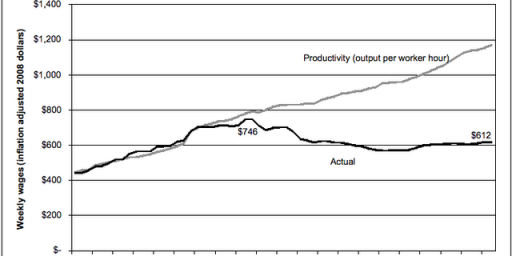Supreme Court to Rule on Eminent Domain Limits
Land war goes before Supreme Court (CNN)
A fight by homeowners to save their New London, Connecticut, neighborhood from city officials and private developers — an important property rights case with an unusual twist — will reach the U.S. Supreme Court on Tuesday. At issue is whether governments can forcibly seize homes and businesses, for private economic development. Under a practice known as eminent domain, a person’s property may be condemned and the land converted for a greater “public use.” It has traditionally been employed to eliminate slums, or to build highways, schools or other public works.
The New London case tests the muscle of local and state governments to raise what they see as much-needed revenue, which they argue serves a greater “public purpose.” Legal analysts said they see the case as having major implications nationwide in property rights and redevelopment issues. Eminent domain is a practice indirectly sanctioned by the U.S. Constitution. The Fifth Amendment’s protection against unwarranted government interference adds a caveat: “Nor shall property be taken for public use, without just compensation.”
The Supreme Court last addressed the issue in 1954, allowing private property to be seized in so-called distressed or blighted neighborhoods. Since then, various lower courts have said the mere opportunity to create jobs or generate tax revenue is enough to apply eminent domain.
I’m rather uneasy about the eminent domain power, period, given that the sanctity of private property is a founding principle of the Republic. Still, I’m not particularly upset about government’s ability to force property owners to sell land needed to build roads and similar infrastructure, so long as the compensation is above market value. The idea that government has the right to confiscate property simply because it prefers a different private use for it–specifically, one that would generate more tax revenue–is simply outrageous. One hopes the Court stops this abuse of government authority.





I seem to recall that the NYT and NYC joined together to use eminent domain to secure the land on which the NYT’s new headquarters now sits.
One wonders how the NYT will opine on this case, and whether that bit of history will be openly admitted?
This is a big story–and issue–in Florida, too. Different counties are now being sued to prevent their exercise of eminient domain in closing not-well-planned housing developments in order to build better-planned ones.
There’s no question about the poor planning of the original developments, but the people who have decided to put up with the inconveniences–and are paying mortgages to do so–don’t want to get booted out. The new developments would be beyond their ready means to afford them.
See Neal Boortz today about this, it is one of his pet causes and he explains it much better than I ever can.
http://boortz.com/nuze/200502/02222005.html#ed
If this was allowed to happen, we are all at risk and have given up one of our most precious rights.
This is one of my pet issues.
My first awareness of a libertarian streak in myself at a young age was when I first learned of the concept of eminent domain and was absolutely horrified. I’ve come to terms with it for the usual purposes, but to take property for a different private use is so over the top that there is no way the Supremes can possibly find in favor and leave me recognizing this country as the place I thought it was.
‘I’m not particularly upset about government’s ability to force property owners to sell land needed to build roads and similar infrastructure, so long as the compensation is above market value. ‘
And so long as there is a compelling need to use that particular land and that they can demonstrate a reason why there is no viable alternative to whatever is being planned. Sorry, baseball stadiums and public housing projects aren’t needs they’re preferences.
Is the planned private community being built by Republicans? If so, I’m not sure that I’m against it.
Just being honest.
In a Ft. Worth suburb about 8 years ago they evicted homeowners for the sole purpose of expanding the mall to increase sales tax revenue. They were “supported” in court by the judge, but the eviction stay was refused. So, when they went to a higher court to get things fixed, they were told they no longer had standing since their homes were gone.
Keep in mind that property rights was once one of THE defining things about Texas. No more.